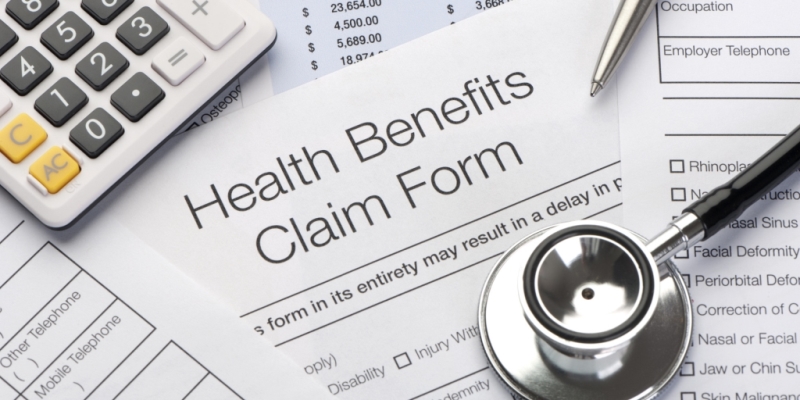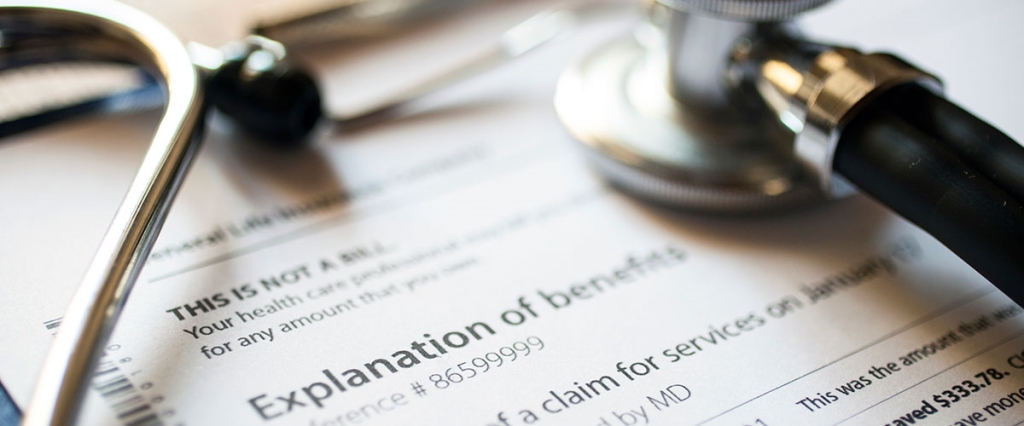Unlock Your Healthcare Career: Benefits of Earning an Associate’s Degree in Medical Billing and Coding
If you’re passionate about helping others and interested in a dynamic healthcare career, earning an associate’s degree in medical billing and coding could be your perfect pathway. This vital role is the backbone of healthcare administrative services, ensuring that medical records are accurate, insurance claims are processed efficiently, and healthcare providers are compensated appropriately. In this article, we’ll explore the numerous benefits of obtaining an associate’s degree in medical billing and coding, practical tips for success, and how you can elevate your healthcare career starting now.
What Is Medical Billing and Coding?
Medical billing and coding professionals translate healthcare services into standardized codes that insurance companies and government agencies understand. This process is crucial to facilitate timely reimbursements and maintain accurate medical records.With an associate’s degree, you’ll gain foundational knowledge of medical terminology, healthcare laws, insurance processes, and coding systems like ICD, CPT, and HCPCS.
Why Pursue an Associate’s Degree in Medical Billing and Coding?
Earning an associate’s degree in this field offers a blend of practical skills and career advantages. Unlike certificate programs, an associate’s degree provides comprehensive training, making you a competitive candidate in the job market. Let’s examine why this degree could be your best investment in a prosperous healthcare career.
Key Benefits of an Associate’s Degree in Medical Billing and Coding
- Increased Job Opportunities: With an associate’s degree, qualifying for a wider range of roles in hospitals, clinics, insurance companies, and government agencies becomes easier.
- Higher Earning Potential: Degree holders typically command higher salaries compared to those with only certification or on-the-job training.
- Job Security & Demand: The healthcare industry continually expands,and the need for qualified billing and coding specialists remains steady.
- Foundation for Career Advancement: An associate’s degree paves the way for future certifications or further educational opportunities, like becoming a healthcare administrator or coding supervisor.
Practical Benefits of Earning an Associate’s Degree
beyond job prospects and income, this degree equips you with valuable skills that can serve you throughout your career.Some practical benefits include:
- Enhanced Medical Knowledge: Deep understanding of medical terminology, anatomy, and healthcare systems.
- Technical Skills: Proficiency in coding software, electronic health records (EHR), and billing platforms.
- Understanding Healthcare Laws & Ethics: Knowledge of HIPAA, compliance procedures, and patient privacy.
- Interaction Skills: Ability to effectively communicate with healthcare providers, insurance companies, and patients.
Career Opportunities with an Associate’s Degree in Medical Billing and Coding
Graduates with this degree have a wide array of position options across healthcare settings. Here’s a fast overview:
| Job Title | Average Salary (USD) | Work Habitat |
|---|---|---|
| Medical Biller | $40,000 – $50,000 | Clinics, Hospitals |
| Medical Coder | $45,000 – $55,000 | Physician offices, Billing agencies |
| Billing and Coding Specialist | $42,000 - $52,000 | Healthcare Facilities |
| Insurance Claims Analyst | $48,000 – $58,000 | Insurance Companies |
Practical Tips for Success in Your Degree Program
Embarking on your associate’s degree journey requires dedication and strategic planning. Here are some tips to maximize your educational experience:
- Choose Accredited Programs: Ensure your program is accredited by recognized bodies like the CAAHEP or ABHES.
- Gain Hands-On Experience: Look for internships or externships during your studies to build real-world skills.
- Stay Updated with Coding Standards: The coding industry evolves; stay current with updates to ICD, CPT, and HCPCS codes.
- Network with Professionals: join associations like AAPC or AHIMA for networking, job listings, and continuing education opportunities.
case Study: From Student to Healthcare Professional
Meet Lisa, a dedicated medical billing student who completed her associate’s degree in 2022. After internships at a local clinic and passing the Certified Professional Biller exam, Lisa secured a full-time position as a Medical Billing Specialist. With her degree and certification, Lisa increased her salary, gained confidence, and is now exploring managerial roles in healthcare administration. Her story illustrates how an associate’s degree can be a stepping stone to a fulfilling healthcare career.
first-Hand Experience and Testimonials
Many students report that obtaining an associate’s degree in medical billing and coding was a transformative experience. Not only did it improve their technical skills, but it also boosted their confidence and opened doors to new opportunities. Some common feedback includes:
- “The practical training helped me land my first job quickly.”
- “Learning how to navigate coding systems was challenging, but incredibly rewarding.”
- “The degree validated my skills and made me more competitive in the job market.”
Conclusion: Start Your Healthcare Career Today
Choosing to earn an associate’s degree in medical billing and coding is a strategic move toward a rewarding and stable healthcare career. With numerous benefits-from increased earning potential to diverse job opportunities-this degree can serve as your gateway to making a meaningful impact in the healthcare industry. Whether you’re just starting out or looking to advance your current career, investing in your education today can unlock a path filled with growth, stability, and fulfillment.
Ready to take the next step? Research accredited programs, connect with industry professionals, and begin your journey toward becoming a vital part of the healthcare system. The future of healthcare needs dedicated billing and coding specialists like you!



